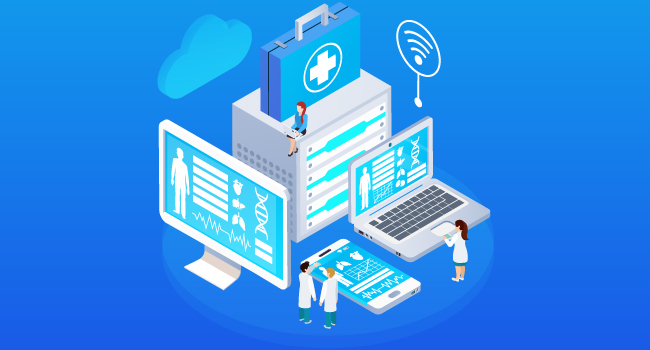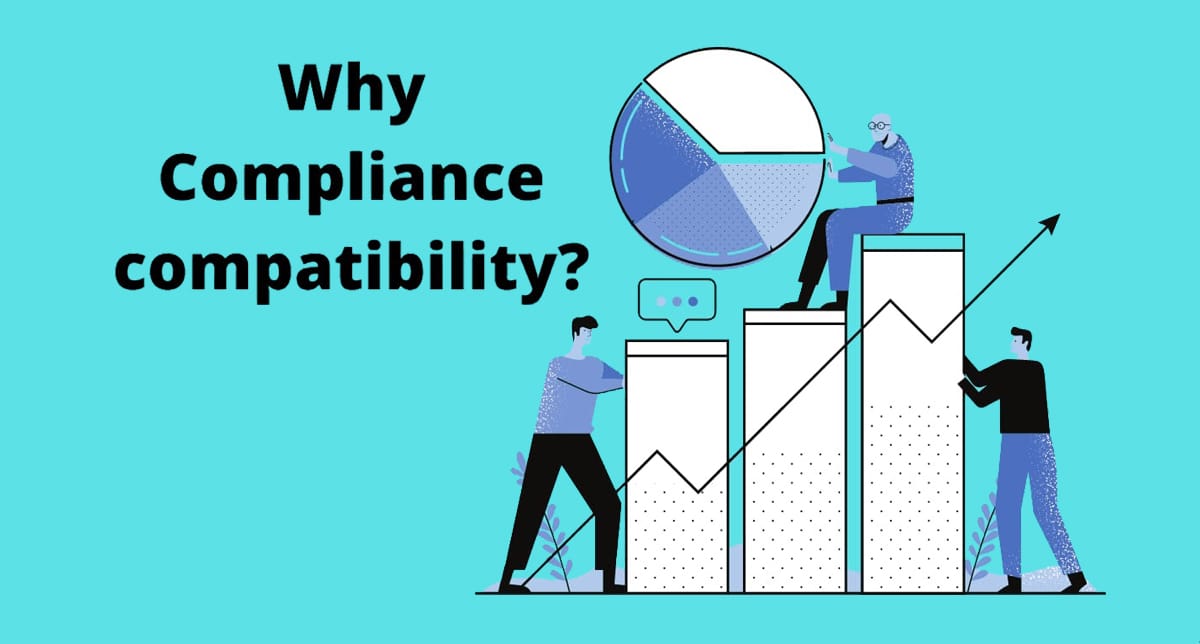The healthcare industry has streamlined its patient management processes by digitizing patient medical records and information. As a result of this digitization healthcare institutions face new threats in the form of hackers who seek to compromise a patient’s right to privacy.
In light of this, regulatory agencies established regulatory frameworks in order to identify, prevent and address risks regarding digital repositories of electronic patient information. Healthcare organization leaders have a responsibility to ensure that existing processes, procedures and policies in their organization are aligned to existing regulatory frameworks so that the safety of sensitive data (of both patients and staff) is assured. Meeting compliance requirements necessitates staying within the confines of legal, professional and ethical regulations pertaining to your healthcare organization.
Sensitive patient data as well as staff data is often fragmented in SAP and other systems that make keeping track of it difficult. However, modernized solutions are making it easier for organizations to monitor and protect such sensitive data.
Primary Regulatory Compliance Frameworks
There are two main frameworks that have been established for the purpose of data compliance in the healthcare sector.
1. Health Insurance Portability and Accountability Act
HIPAA is a regulation set in place during 1996 and was established with the aim of protecting insurance holders from fraud. One of the acts prerequisites is to only store and share data required for the facility to stay functioning. It was also meant to protect current healthcare records while minimizing the managerial costs for healthcare institutes that were providing medical services.
2. Health Information and Technology for Economic and Clinical Health Act
The HITECH act elaborates on the information security measures laid out in the HIPAA. Its purpose is to improve upon the security of patient information as it transits from one source to another.
Fallout from Compliance Violations
Violations risk compromising sensitive patient data and in some cases staff data. This tarnishes the reputation of organizations who fail to meet compliance regulations. In addition, fines for non-compliance range from $100 to $1.5 million per violation per year.
Fines for non-compliance went up significantly once the HITECH act was enacted. An organization can be fined up to $1,5000,000 each calendar year for every violation. HIPAA violations can be expensive too. The penalty depends on the degree of negligence ranging from $100 to $50,000 per violation per patient record. The maximum penalty is $1.5 million annually for multiple violations in the same vein.
In some cases, compliance violations can also lead to security breaches where patient data is lost or stolen. On average the cost per lost or stolen record in the event of a breach is $148.
Crucial Distinctions Between HIPAA and HITECH
Despite many similarities between HIPAA and HITECH there are a few key differences. The first thing to remember is that HITECH is an extension of HIPAA which tends to center around breach notifications and privacy. HITECH is also responsible for defining the penalties which regulatory non-conformists will face if they are not compliant.
While HIPAA is limited to a regulatory framework, HITECH illustrates civil and criminal compliance penalties. HITECH’s breach notification policies even extend beyond healthcare providers into other businesses as well. It is a medical facility manager’s duty to make sure all confidential data and medical information pertaining to patients is adequately encrypted. Basically, with higher levels of security and encryption sensitive information is at lower risk against compliance threats.
Why is Healthcare Regulatory Compliance Important?
The goal of healthcare compliance is to enhance patient care while protecting data pertaining to their ailments or other billing information. Because the regulations are based on clinical standards being followed it becomes easier to optimize management decisions.
Another benefit with healthcare compliance is that it could recognize potential compliance breaches before the problem snowballs and falls under government reproach. Companies that identify a data breach in less than 100 days saved as much as $1 million as compared to companies who took more than 100 days to identify a breach. Early intervention can close the door on potential leaks or attacks and seal vulnerabilities against future threats. This protects you healthcare from a tarnished reputation through a pro-active approach to compliance.
Compliance frameworks also save you from any penalties that may be levied as a result of violations of compliance requirements that organizations are often unaware of until it’s too late. Another branch of healthcare compliance is a mandate that all information received, and treatment administered be documented. This documentation process can prevent medical personnel from malpractice which may lead to the termination of your facility.
Staying within the recommendations of healthcare compliance can mean better relationships between you and your patients and also save your business from a bad image. Medical providers who can observe HIPAA and HITECH frameworks can keep hackers and government agencies away.
Effect of HITECH Compliance on HIPAA Business Associates
If a healthcare compliance framework is to be of any use it is important for players to know how shared information can impact them and others. Such players can include business associates who are individuals that are not employed by any organization but conducts tasks and caters services for the covered entity. Such business associates running with Medicaid additionally must ascribe to the Non-Emergency Medical Transportation regulatory framework.
The core factor with business associates is that despite them only behaving as an assistance pathway to the main entity, they are responsible for making sure that all collated data is in compliance with HITECH and HIPAA requirements. Being the primary authority, your responsibility is to ensure that your business associates have a place to work and follow the rules while implementing clinical standards.
What Does Your Board of Directors Need to Know?
It is of the utmost importance that your board of directors is fully up to date on the regulatory frameworks currently in place. In addition to this they also should be up to date on where exactly they will impact your medical units supply chain.
The branch of your company dedicated to assessing HIPAA and HITECH frameworks must always be distinct from your board members. They must also premediate vendor risks and make suggestions for measure that lessen the impact of any breach in compliance.
If you’d like to explore data compliance for your organization, the ComplyD team would be glad to help. Leverage our SAP-native data discovery and compliance enablement tool. Enjoy comprehensive visibility through a user-friendly, unified dashboard with analytics. You’ll be able to pro-actively take steps to meet any compliance regulations for ANY industry or geography. Our scientific, robust DASH approach discovers vulnerabilities and secures and hardens your perimeter to meet compliance regulations and avoid regulations. If you’d like a taste of compliance simplified for your entire enterprise, please request a demo.




